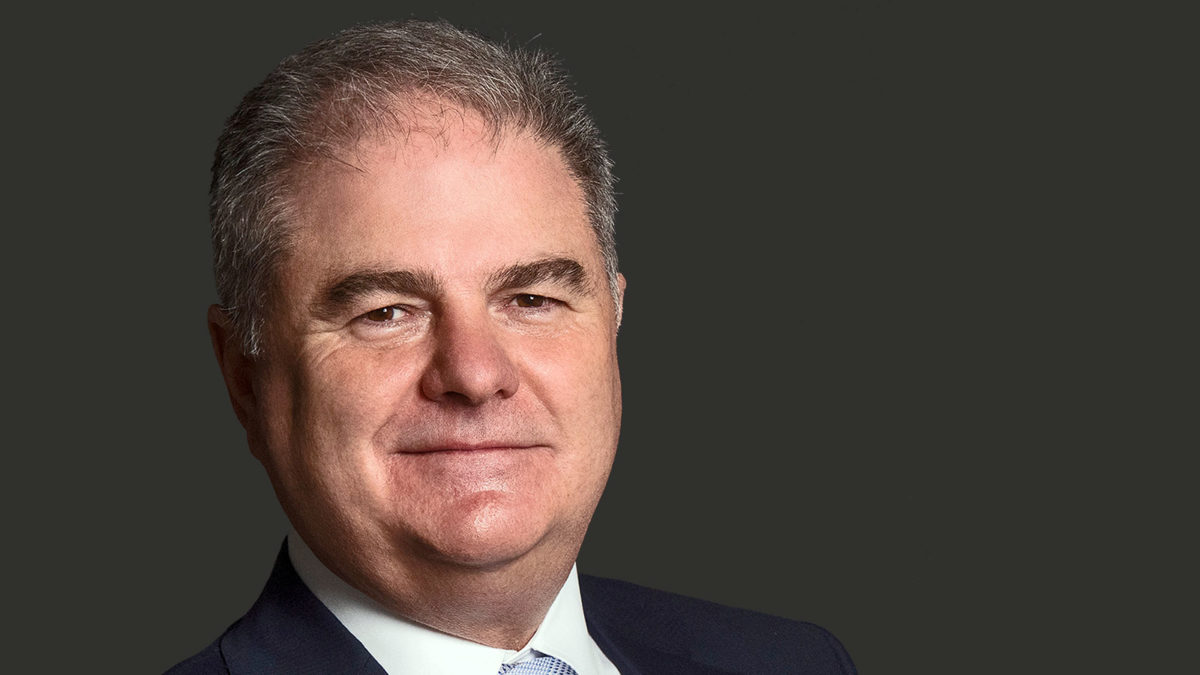How Magellan put the sparkle into retirement
Magellan Financial Group’s ‘FuturePay’, launched with a fanfare last week (June 1) after considerable pre-launch publicity, heralds an escalation in a retirement products arms race.
Both big super funds and fund managers are scrambling for positions in the race, which is expected to have strong demographically driven growth for years to come.
Magellan, arguably the most successful fund manager in the retail market for the past several years, off the back of consistently good global equities performance and clever marketing, has launched an actively managed listed fund “which aims to deliver a predictable monthly income that grows with inflation” for Australia’s growing number of retirees.
“When you stop working… your super and your savings need to replace what you previously had from a paycheque. The challenge here is trying to re-establish some sense of a paycheque, or payout from those savings that’s regular and predictable into the future,” Brett Cairns, Magellan chief executive, told media in Sydney last Tuesday.
FuturePay got the actuarial tick of approval from new Deloitte Superannuation partners and staff from Rice Warner, which said that the fund is “expected to add value to retirement outcomes for retirees across low, medium, high and very high balances.”
“We anticipate that it may be appropriate to target a wide market that includes the majority of retirees except those with very small balances (around $100,000 or below, as such smaller balances, tend to be taken as lump sums at retirement),” Rice Warner wrote in its report.
“FuturePay may also have a role in the transition to retirement phase as individuals prepare their investments for retirement and perhaps start drawing some income from superannuation.”
The fund was developed by Paddy McCrudden, Magellan head of retirement solutions and data, who joined the organisation from BlackRock in 2017 and has been hard at work on the product ever since.

While McCrudden said that Magellan wasn’t responding to the Government’s Retirement Income Review (RIR) – which found that vast numbers of retirees died with large amounts of superannuation, having avoided drawing down on it for fear of running out – it was “absolutely consistent with what they are seeking.”
“The RIR considered various pillars – the need for a stable income, the need for access to capital and appropriate risk management tools. We’re very aware of this and part of the structure of this product is to specifically address those needs,” McCrudden said.
All big super funds have been studying the retirement products segment of the market in recent years, some badging product from the retail market leader to date, Challenger. Only one, QSuper, can claim to have cracked this market.
Magellan’s foray into retirement income products comes in a period of increasing competition for the space, which saw the launch in March of QSuper’s ‘Lifetime Pension’ product.
While not commenting on the design of specific products, Ben Hillier, QSuper head of product, said that it was “fantastic” that other organisations were stepping into the retirement space and that super funds would increasingly look to offer holistic “We’ve heard quite a number of other trustees and funds are picking up the pace, and we hope that QSuper can set a good example to other funds to pay more attention to the needs of retirees.

For far too long retirement was concentrated on the accumulation phase…we’re already seeing some acceleration,” Hillier said last week (June 3).
The ‘Lifetime Pension’ has so far seen uptake from nearly 200 retirees, with 10 per cent joining from other funds. On average users allocate 50 per cent of their balance to the product, with the remainder allocated to an account-based pension. The product – which was seven years in the making – had its inception in Hillier’s realisation that many retirees were leaving vast amounts of superannuation unspent.
“Out of uncertainty and fear they draw the minimum…We were seeing, both from a financial perspective and a psychological perspective, that people weren’t having the confidence in retirement they really should be entitled to,” Hillier said.
While Hillier believes that super funds have a burning platform from which to launch a wave of new retirement products, there are a lot of small funds “that don’t necessarily have the scale and capability and appetite to be able to address this effectively”, he says.
“It’s a very difficult problem for a small fund to address. I’m hoping that there’s a collective solution or that funds will partner with one another…absolutely funds should be on the hook to take their members through retirement.”
One organisation keen to help super funds craft this new wave of solutions is Allianz Retire+, which was born out of its parent company’s ownership of fixed-income manager PIMCO. Allianz Retire + launched its ‘FutureSafe’ product for the Australian retail market in 2019 and is currently tracking towards $100 million in funds under management.
The institutional market now beckons, with Allianz Retire + indicating earlier this year that is keen to have a “consultative” relationship with super funds as they work towards creating an holistic retirement solution.
“We support super funds that are having a go. This year we expect to see new products and services that sit alongside traditional account-based pensions. We think there is an opportunity for us to help with that,” Matt Rady, the chief executive, told this masthead in January.
Unlike the equities-backed ‘FuturePay’, ‘FutureSafe’ allows for greater diversification in its investments, with the help of the Allianz subsidiary PIMCO, the world’s largest bond manager.

The firm recruited Fintan Thornton, an actuary and former head of superannuation distribution at Colonial First State, in September 2020 to the new role as head of institutional solutions. He has been speaking with the large funds about tailoring a service for them.
Rady said: “We can see that the major super funds have been giving a lot of thought to this. The lack of significant progress to date demonstrates that it is not an easy problem to solve.”











